It’s time for another installment of our “Author Insights” series. In this series, I’m introducing you to writers who’ve taken their writing all the way to the finish line of publication, and they share their “lessons learned” with you. There’s nothing quite like learning from a writer who has made to the other side.
Meet Janis Brams, personal essayist and author of The Event
I’m so happy to introduce you to Janis Brams. Janis has been a member of my online Called to Write Coaching Circle since the beginning of 2014, and is a personal essay writer. Over the years of working together through the Circle, I’ve been delighted to watch Janis develop a number of personal essays and pursue getting them published. While she’d had already had pieces published in an anthology and elsewhere, this was a big win for her for a number of reasons, including how unexpectedly satisfying it was for her to be published online.
I asked Janis to share her insights about her writing process and having this essay published.
![]()
Janis Brams on Publishing Personal Essays
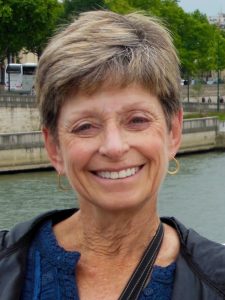
Sometimes we wake up to find our lives racing down a path we haven’t chosen. In March 2014, I opened my eyes to discover Michael, my husband, sitting on our bed unable to speak. The challenges that ensued became the topic for a personal essay I wrote, called, “The Event: Two Perspectives.”
Through the process of writing, revising over time, and finally publishing the essay in July 2017, I learned a number of valuable lessons.
1. Allow time to walk away from emotionally charged writing before declaring it ready for others to see.
I began “The Event: Two Perspectives” soon after my husband suffered his stroke. In many ways, I think the writing process served as therapy, a way to work through my doubts and fears. Although I wrote a number of drafts before declaring the piece “ready-to-go,” I hadn’t allowed enough time to pass between our initial trauma and my decision to submit my essay for publication. After several rejections, I was discouraged and shelved my story until I felt better equipped to deal with such challenging subject matter.
2. Focus on the writing process and not how others might react when reading what you’ve written.
After a year passed, I revisited my essay. At the time, even the title was different, “Perimeters of Love.” I remember thinking the title didn’t work, and I’d included too many paragraphs explaining what I felt instead of showing readers. I also decided I’d provided unnecessary back-story, sharing information that didn’t contribute to the narrative.
I made revisions and then posted the new draft while participating in an online class. After receiving comments on the draft, I made more changes and continued to do so until I felt at peace with what I’d written. Still, I made no move to submit my new “final” draft; something seemed to be missing.
While workshopping my piece, I posted about my progress in the Circle and discussed my hesitancy to submit my latest effort. The members in my group and Jenna, during conference calls, supported my decision to sit with my revised draft longer.
At some point, I recognized that an important part of the story was missing, Michael’s perspective. After all, he’d been impacted most. If I was to share an authentic retelling, we both needed to be heard. Michael agreed to an interview, and I used what he shared to write the second part of my essay, his “Silent Monologue.”
3. Researching where to submit a piece takes a lot of time and emotional energy.
Having researched journals I thought were appropriate venues for this piece once, I was reluctant to initiate that process again. I was working on other stories and felt this was not a good time to move my focus from writing to submitting.
Someone in the Circle mentioned Writer’s Relief, a service that researches venue options for authors and even helps to polish query letters. I decided to pay for their expertise. While I experienced a few glitches, I found them to be responsive when I had questions and easy to work with. They read my essay, sent me a list of twenty-five journals they felt were a good fit along with names of editors, their submission requirements, and other pertinent information.
While I still had to send out my piece, I felt I was using my time wisely, targeting journals that might be better alternatives for my writing.
4. Navigating the acceptance/rejection process presents its own challenges.
After skimming submission guidelines for the journals suggested by Writer’s Relief, I found twenty-two to pursue. I earmarked several days to spend submitting and then waited to see what would happen.
The first seven responses were rejections, but two were what I call “good rejections.” Those journals took time to critique my piece and encouraged me to submit to them again. The editors explained, however, that they disagreed with my decision to include Michael’s perspective and would not be publishing this piece.
I began to question my vision. I shared my doubts with Jenna and my group members in the Circle. They reminded me that this story was mine and suggested that I give myself more time before making any changes. In the end, “The Event: Two Perspectives” found a home. I won’t ever forget how thrilled I was to read “Congratulations” in their email’s first line rather than “I’m sorry.”
Thinking back, next time I submit a story, I may prioritize the list of venues and then stagger my submissions. That way, I’ll have better control over where my work is published.
5. Publishing online was uniquely satisfying.
While I had published in print before, this was my first piece published online. Although having a magazine or journal to hold in my hand was exciting, I realized that more people read my online piece because it was more readily available. All a reader had to do was access the site, and my article appeared. Since my goal for a published piece was to reach as many readers as possible, the online venue was a great option.
6. The replies and comments made in response to my piece reaffirmed my feeling that others would find the topic compelling and that sharing our story was a worthwhile undertaking.
While not everybody who responded to The Event had the same reaction, they felt the need to share what they thought. Most said the topic was difficult for them but appreciated making the journey with Michael and me.
Overall, it was gratifying to hear from readers and have an exchange with them. I was amazed at how many old friends learned about my essay through social media and reached out to share their responses. It was a moving and validating experience because, finally, friends and family who knew I wrote had an opportunity to read something that was mine.
Read “The Event: Two Perspectives”
About Janis
 Janis Brams has been published in the High Desert California Writers Club Anthology, The California Writers Club Literary Review, Plymouth Writers Group, and a community magazine entitled View.
Janis Brams has been published in the High Desert California Writers Club Anthology, The California Writers Club Literary Review, Plymouth Writers Group, and a community magazine entitled View.
Janis holds two master’s degrees, one in Education from the University of Pennsylvania and one in Writing Composition from CSU San Bernardino.
Janis is an educator, having taught students of all ages for over 25 years. Now retired, she enjoys running, yoga, hiking, travel, spending time with her grandkids, and cooking. She founded a book club in her community that has been meeting for over forty years.
Find Janis’s other work here:
- High Desert California Writers Club Anthologies:
- Desert Gold, Anthology II *
- For the Love of Writing (Print) (Kindle), Anthology III *
- Tales Between the Sand and Stars, Anthology IV *
- The California Writers Club Literary Review, Winter 2012-2013, http://calwriters.org/
- Plymouth Writers Group, Anthology for Teachers’ Writing: Lost and Found, Fall, 2003 and Acts of Emancipation, Fall, 2005
![]()


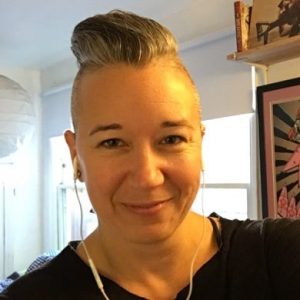 What kind of writing do you do, and where are you in your writing process?
What kind of writing do you do, and where are you in your writing process?

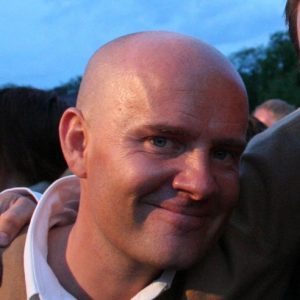 What kind of writing do you do, and where are you in your process?
What kind of writing do you do, and where are you in your process?
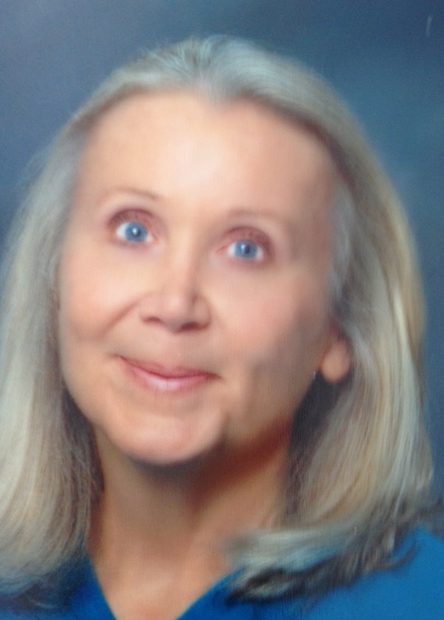 What kind of writing do you do, and where are you in your process?
What kind of writing do you do, and where are you in your process?
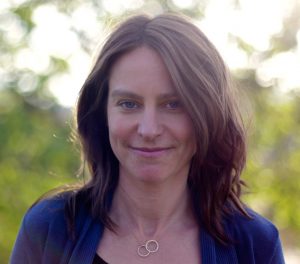 What kind of writing do you do, and where are you in your process?
What kind of writing do you do, and where are you in your process?






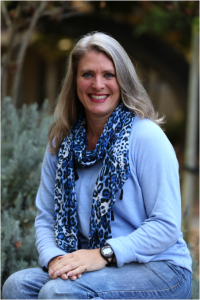 Note from Jenna: This guest post from one of the fabulous writers in my online Writer’s Circle coaching program: Sonya Sigler. In this article Sonya talks how she’s set herself up for ongoing success with her writing, despite her “love-hate” relationship with it (which so many of us have!).
Note from Jenna: This guest post from one of the fabulous writers in my online Writer’s Circle coaching program: Sonya Sigler. In this article Sonya talks how she’s set herself up for ongoing success with her writing, despite her “love-hate” relationship with it (which so many of us have!).
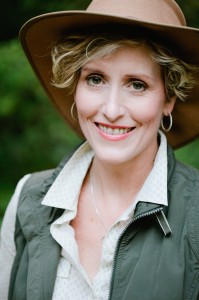
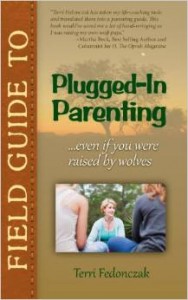 My book went from a dream to a reality. It’s now on
My book went from a dream to a reality. It’s now on 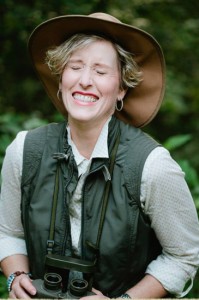 Terri Fedonczak wants to live in a world where girls recognize their own power and choose to use it for good. On a trip to South Africa, Terri saw the power of the lioness and how they support their pride; it was a lightning bolt of realization that her mission is to bring the power of the pride to girls and their parents. Terri was a commercial real estate agent for 16 years until a bout with breast cancer transformed her life in 2010. She realized that trading money and status for time with her four girls and patient husband was not quite the deal she thought it once was. She left sales to become a certified life coach and embark upon a journey of spreading the message of girl power far and wide.
Terri Fedonczak wants to live in a world where girls recognize their own power and choose to use it for good. On a trip to South Africa, Terri saw the power of the lioness and how they support their pride; it was a lightning bolt of realization that her mission is to bring the power of the pride to girls and their parents. Terri was a commercial real estate agent for 16 years until a bout with breast cancer transformed her life in 2010. She realized that trading money and status for time with her four girls and patient husband was not quite the deal she thought it once was. She left sales to become a certified life coach and embark upon a journey of spreading the message of girl power far and wide.